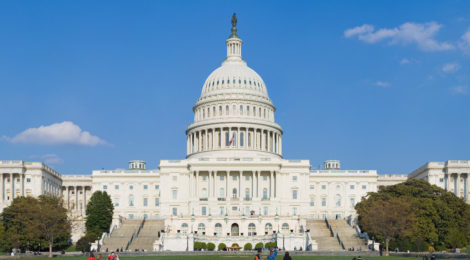
Postal Reform Act Will Become Law
The Postal Service Reform Act Passes the Senate & Will Become Law
March 8, 2022
In a historic moment, the Senate passed the Postal Service Reform Act of 2022 on March 8 with a vote of 79-19. The House passed the bill last month with a vote of 342-92. The legislation will now go to President Biden’s desk, where he will sign it into law. The enactment of Postal Reform marks a turning point in the fight to protect and strengthen the people’s public Postal Service.
“It is not an exaggeration to say that this bill is one of the most critical pieces of postal legislation in modern history — the struggle to win Postal Reform has been 15 years in the making,” said Legislative and Political Director Judy Beard.
“The passage of this legislation, on a strong bipartisan basis, is a monumental victory for postal workers, the wider postal community, and the communities we are proud to serve,” said APWU President Mark Dimondstein. “This legislation strengthens the public Postal Service, a national treasure that has connected us for over 250 years.”
The Postal Reform bill will place the United States Postal Service on the path toward financial stability by repealing the onerous and financially debilitating pre-funding mandate, ensuring six-day delivery, adding much-needed transparency to postal operations, and maximizing participation in Medicare — a program which the Postal Service and its employees have contributed over $34 billion toward — by enacting prospective Medicare integration. Postal Reform is fair to active and retired postal workers and is a crucial development in the fight to preserve and strengthen the peoples’ Postal Service.
“Thanks to the efforts carried out by postal workers, our sister unions, allied organizations, and the American public, comprehensive postal reform is now a reality,” said Legislative and Political Director Judy Beard. “The APWU applauds every member of Congress who played a role in crafting and passing this monumental legislation.”
Please read our Postal Reform Q&A for more information about the legislation.




Comments are closed, but trackbacks and pingbacks are open.